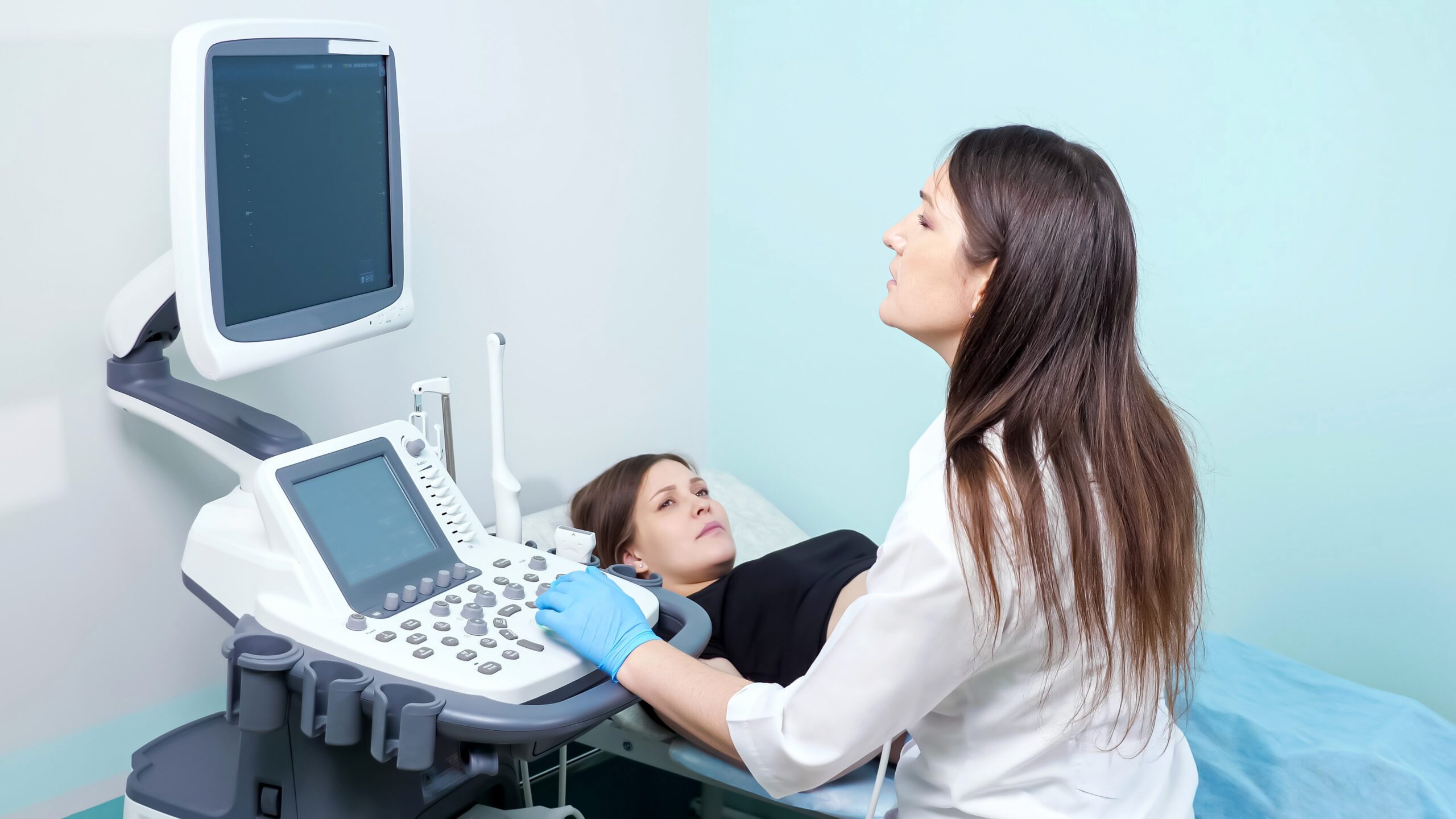According to the Center for Disease Control and Prevention (CDC), 1 in 5 Americans has a sexually transmitted disease (STD).
Some STDs are treatable with medication, but others can have lifelong effects on your health and well-being.
Though many of these infections have recognizable symptoms, you can have an STD without showing any signs.
More importantly, getting pregnant, having an abortion, or giving birth with an STD can increase your risk of life-threatening health problems.
What are STDs/STIs?
STDs, also known as sexually transmitted infections (STI), are bacterial, viral, or parasitic infections that are passed through bodily fluids such as semen, blood, and other types of bodily fluids, including vaginal fluids.
If you come in contact with an infected person’s bodily fluids, such as through vaginal, oral, or anal sex, you may be infected with the STI.
Unfortunately, you can also have an STI without showing any signs or symptoms. Since you don’t think you are infected, you may not get the treatment or take the precautions you need. Your risks are especially high if you get pregnant while infected with an STI.
Each type of STD has several symptoms. General signs may include:
- Bumps or sores around the genital, rectal, or oral areas
- Burning or pain when peeing
- Vaginal discharge that smells unusually strong
- Unusual vaginal bleeding or discharge
- Pain during sex
- Pain in the lower abdomen
- A fever
- A rash on the torso, hands, or feet
These symptoms may take days or even years to develop.

What happens if you have STDs while pregnant?
STDs can affect your health, even if you’re not pregnant. Getting STDs while pregnant increases your health risks and the potential for complications. If you don’t get a diagnosis or treatment, you may not get the help you need until it’s too late.
We’ve outlined some of the complications you may face below.
Ectopic pregnancy
Some STDs can spread to your uterus and fallopian tubes, causing pelvic inflammatory disease (PID). Women who suffer from PID are at a higher risk of ectopic pregnancies, where the embryo implants outside of the uterus.
The only way to treat an ectopic pregnancy is to surgically remove the embryo from the woman’s body or use a drug called methotrexate to end the pregnancy before it ruptures. Without treatment, you may develop a life-threatening infection known as sepsis.
Premature labor
Women who have STDs while pregnant are at a higher risk of going into labor before 37 weeks gestation. Premature birth is the leading cause of infant death worldwide. It can also cause lifelong health issues and developmental defects.
Infections
Typically, women have a natural protective barrier across their cervix that keeps bacteria from entering the uterus. Birth, miscarriages, and abortions disrupt this barrier, increasing your risk of getting an infection.
If you have an untreated STD, this infection can travel into your uterus. You may develop PID, experiencing chronic pelvic pain and scarring throughout your uterus and fallopian tubes.
Infertility
As mentioned, your body is more sensitive to STIs when your pregnancy ends. If you had an infection while you were pregnant and it spreads, the damage to your reproductive organs can affect your ability to get pregnant in the future.
Scarring and damage in your uterus may prevent embryos from attaching. It can also increase your chances of having miscarriages.
If you have scarring in your fallopian tubes, fertilized eggs may not be able to reach the uterus. They may then implant in your fallopian tubes, causing an ectopic pregnancy that will have to be removed.
How do I know if I have an STI?
If you think you might be pregnant, you should schedule an appointment to get a pregnancy test, STD test, and ultrasound.
A medical-grade pregnancy test is more accurate than at-home options, helping you know for sure if you’re pregnant.
An STD test will show if you have an infection. You can then determine how to protect your health, pursuing treatment and understanding your best next steps.
An ultrasound is the only way to know if you are experiencing an ectopic pregnancy. The technician will confirm that the embryo is in your uterus or identify potential complications so you can get treatment. If you have already been diagnosed with an STI, make an ultrasound appointment as soon as possible.
You can make a free appointment for all of these services at Assured Women’s Healthcare. Click here or call 407-208-9058 to schedule a time to get a free pregnancy test and speak with a medical professional today.

